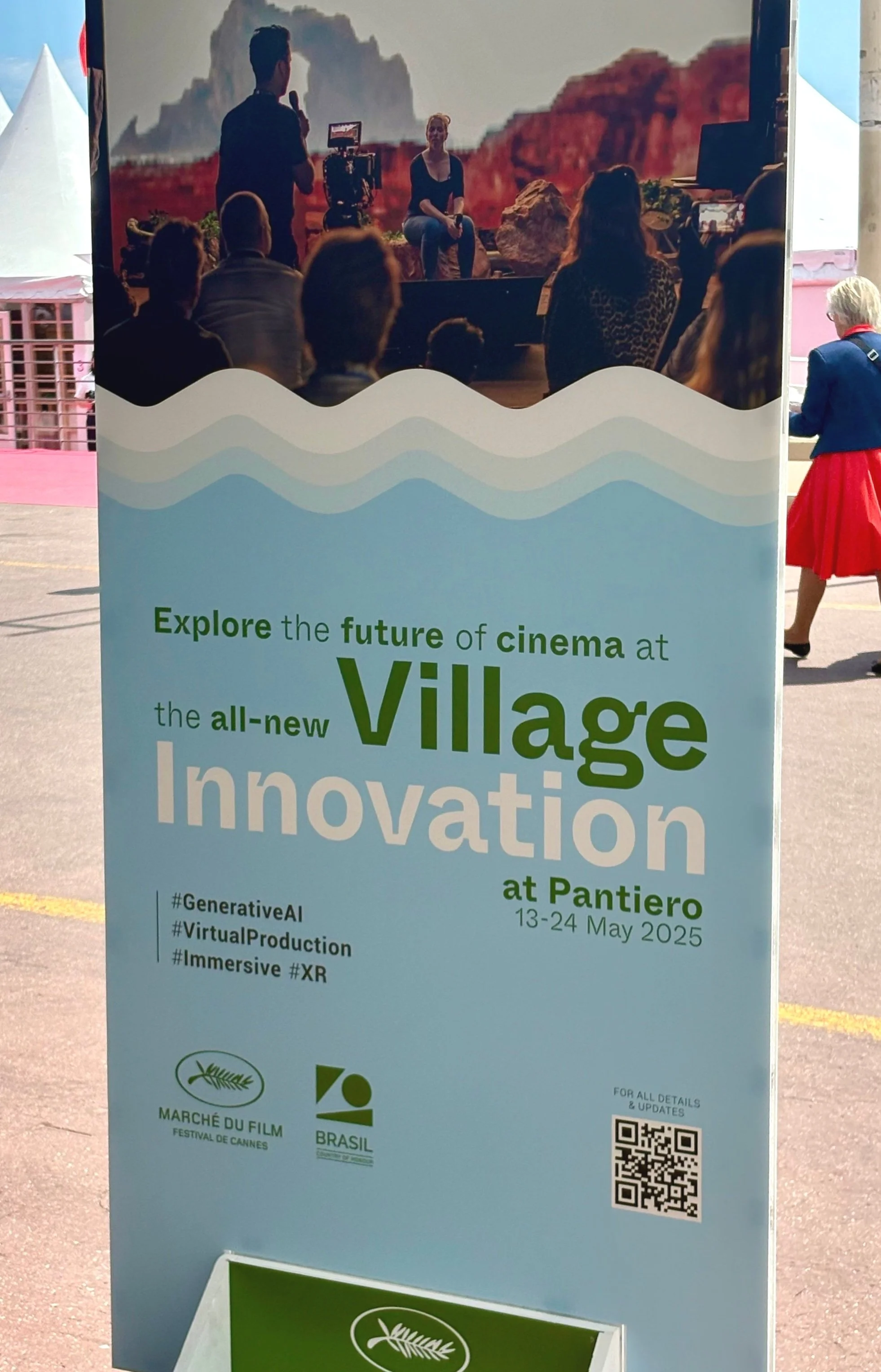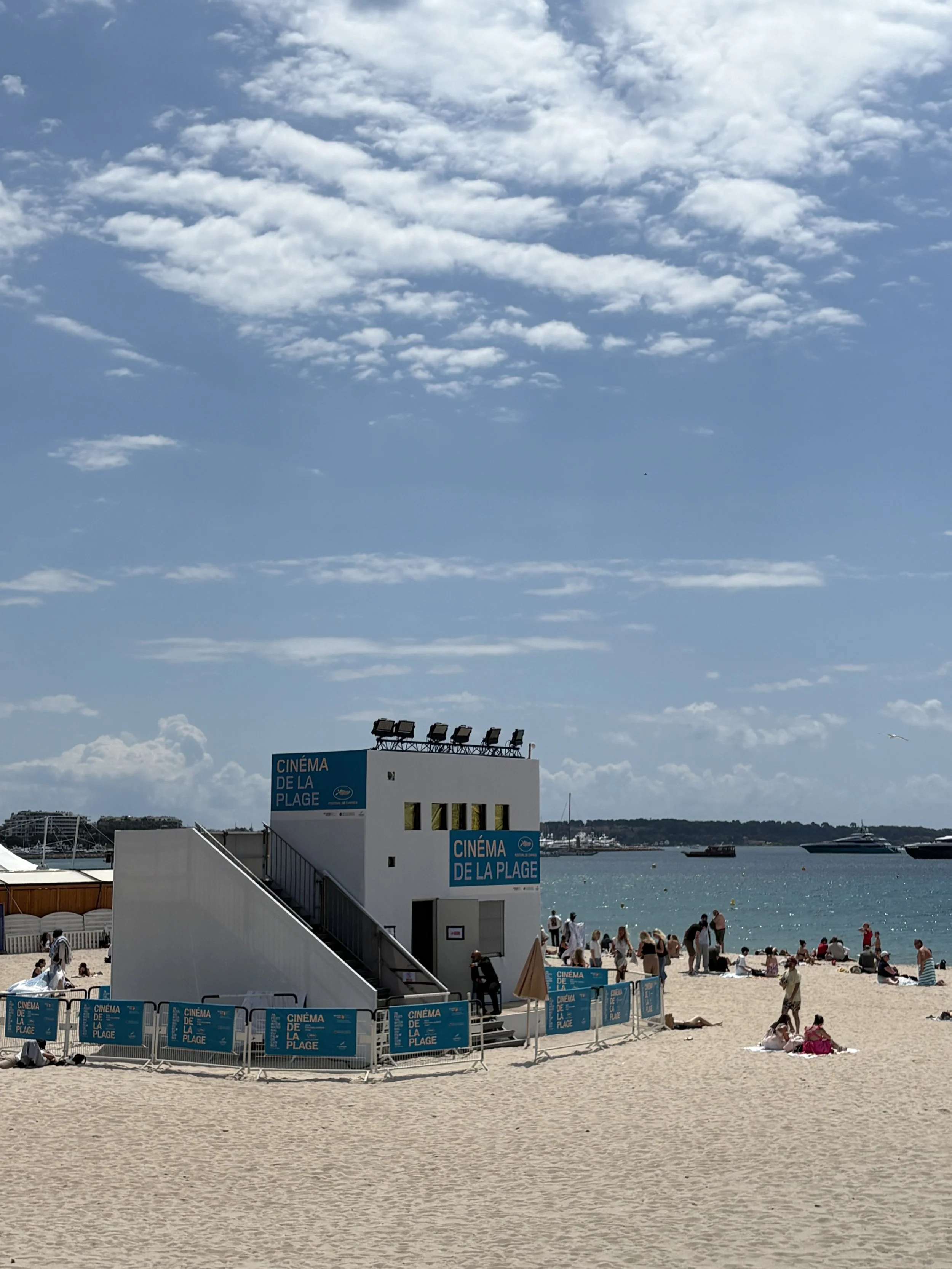Dispatches From Cannes 2025
Hannah Wylie
I have been attending Cannes Film Festival on-and-off for the last ten years, and this was my first trip in my capacity as COO and co-founder of karmanline. It is always interesting experiencing the same event from a different perspective; whilst networking is always the first order of business, this time I also spent some time at the entertainment tech hub within the Marché du Film.
Perhaps unoriginal, but calling the area “CONNECT” works well both to communicate the purpose of the companies exhibiting there, and, to my mind, to describe what perhaps is lacking in the industry.
In terms of what is working, there is clear progress towards connecting existing workflows within film and television with technology to digitise and optimise manual processes. This can also be used to foster greater transparency in areas such as revenue generation, which is to be welcomed in an industry that coined the term “Hollywood accounting” to describe the habit of seemingly profitable films never providing a return for producers.
Photograph: Hannah Wylie, 2025
Another connection evident, both at the Marché du Film and out on the Croisette, is that of filmmakers to new technology. The festival seemed more frugal than previous years; there were fewer big chequebooks in evidence, however the passion of the filmmakers seemed stronger than ever. These filmmakers, although dreaming big, have their feet firmly on the ground with respect to the reality of getting their productions made. Whilst the ethical and environmental concerns of using AI-enabled technologies remain, equally filmmakers appear open to all avenues which might help reduce production costs and increase access to finance. In a competitive landscape, it is the producers who embrace all the options available to them who will have the greatest potential for reward. As Thomas Hoegh, the founder of Arts Alliance put it at the launch of their co-production fund over the weekend, “if you ignore the opportunities that are out there, you may not get your film greenlit or achieve what you want to achieve with it”.
So what connection was missing?
Photograph: Hannah Wylie, 2025
I think it’s the integration of workflows between tools. In common with nearly all technology, the most tangible benefit you can demonstrate is the saving of time, and so money. There will be continuing innovation and optimisation across all stages of development, production and distribution, much already in evidence and available to the commercial market. However, if those tools don’t speak to each other, or require a super-user to operate, how are those time-saving benefits to be reaped? And if assets have to be pulled across multiple accounts, on multiple apps, how well can you ensure the integrity of the end product?
This is the question that karmanline wants to answer; we are focussed on the user experience, with the filmmaker front and centre. Instead of cutting out a slice of the process, and designing another tool to be navigated, we want to connect the dots.


